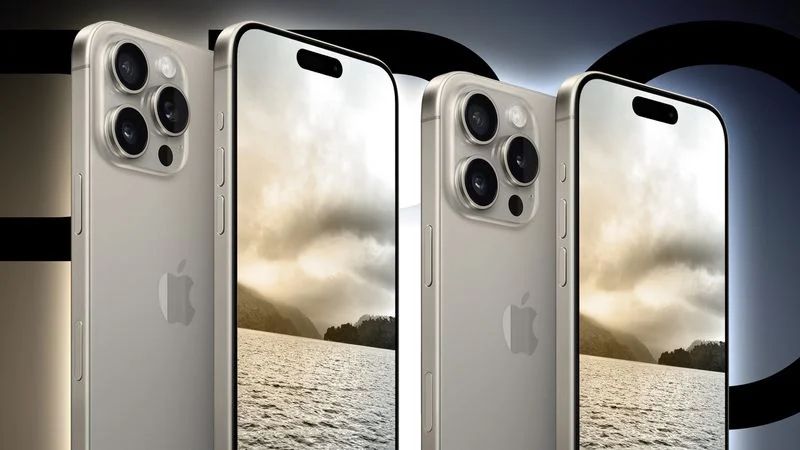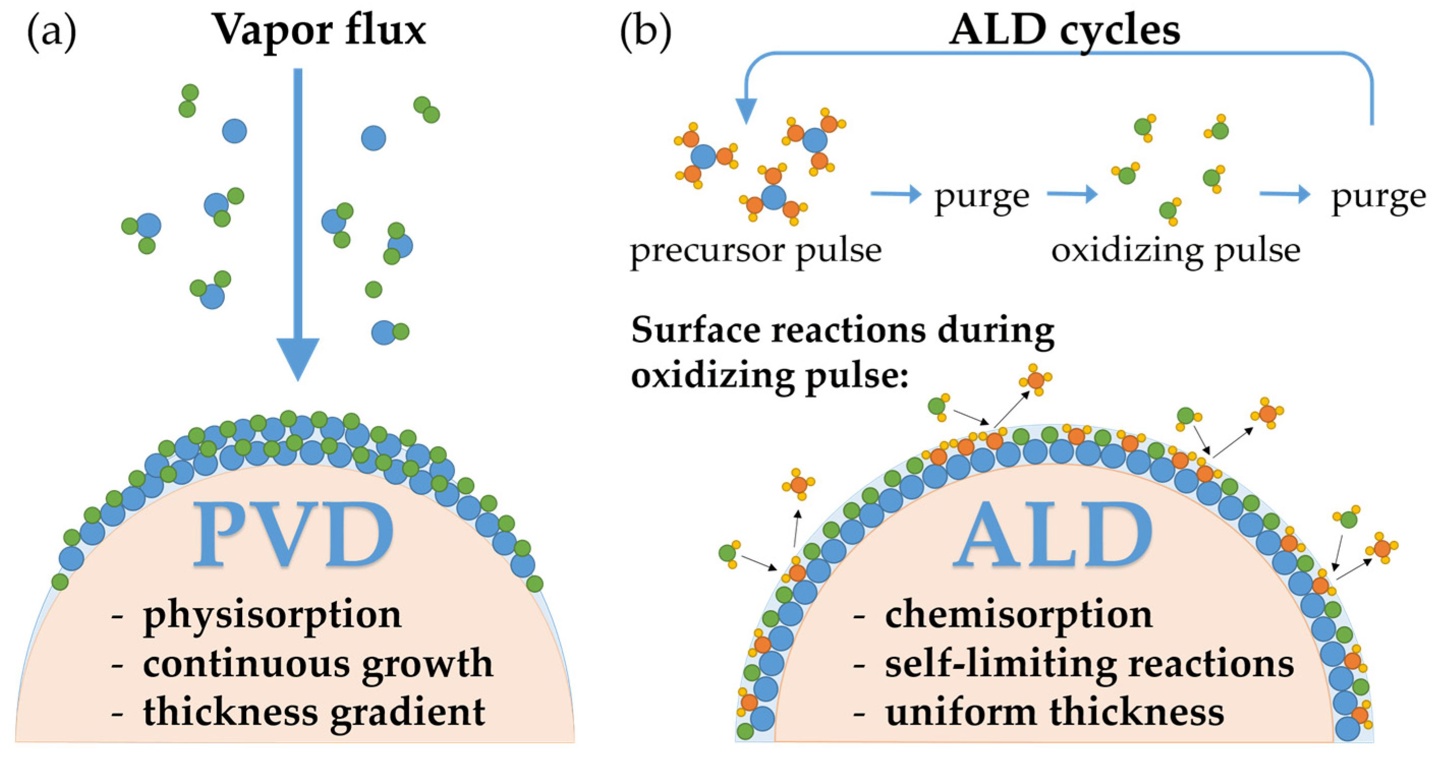Home >Mobile Tutorial >Mobile News >Sources say Apple is testing ALD process to add anti-reflective optical coating to next-generation iPhone Pro lenses
Sources say Apple is testing ALD process to add anti-reflective optical coating to next-generation iPhone Pro lenses
- PHPzforward
- 2024-04-16 14:55:361015browse
Thanks to netizen Wu Yanzu from South China for submitting the clue! According to news on April 16, source yeux1122 recently revealed on his Naver blog that he learned from Apple’s supply chain that Apple is testing new anti-reflective optical coating technology that can reduce artifacts such as lens flare and ghosting. Thereby improving photo quality.
 Supply chain sources say that Apple is considering introducing new atomic layer deposition (ALD) equipment in the iPhone camera lens manufacturing process. Atomic layer deposition (ALD) is a thin film deposition technology based on the continuous use of a gas phase chemical process, which is a method of plating substances on the surface of a substrate layer by layer in the form of a single atomic film. ALD is a true nanotechnology that enables the deposition of ultra-thin films at the nanometer scale in a precisely controlled manner.
Supply chain sources say that Apple is considering introducing new atomic layer deposition (ALD) equipment in the iPhone camera lens manufacturing process. Atomic layer deposition (ALD) is a thin film deposition technology based on the continuous use of a gas phase chemical process, which is a method of plating substances on the surface of a substrate layer by layer in the form of a single atomic film. ALD is a true nanotechnology that enables the deposition of ultra-thin films at the nanometer scale in a precisely controlled manner.  As for camera lenses, the ALD process is mainly used to spray anti-reflective coatings, which helps reduce photographic artifacts. For example, when a strong light source such as the sun shines directly on the lens, stripes and halos may appear in the final image, and ALD can reduce these image distortions. A screenshot is attached below:
As for camera lenses, the ALD process is mainly used to spray anti-reflective coatings, which helps reduce photographic artifacts. For example, when a strong light source such as the sun shines directly on the lens, stripes and halos may appear in the final image, and ALD can reduce these image distortions. A screenshot is attached below:  In addition, ALD applied materials can prevent environmental damage to the camera lens system without affecting the sensor's ability to effectively capture light. The blog post stated that Apple plans to deploy this process to the iPhone Pro models, and may apply it to the iPhone 16Pro series or next year’s iPhone 17Pro series.
In addition, ALD applied materials can prevent environmental damage to the camera lens system without affecting the sensor's ability to effectively capture light. The blog post stated that Apple plans to deploy this process to the iPhone Pro models, and may apply it to the iPhone 16Pro series or next year’s iPhone 17Pro series. The above is the detailed content of Sources say Apple is testing ALD process to add anti-reflective optical coating to next-generation iPhone Pro lenses. For more information, please follow other related articles on the PHP Chinese website!

